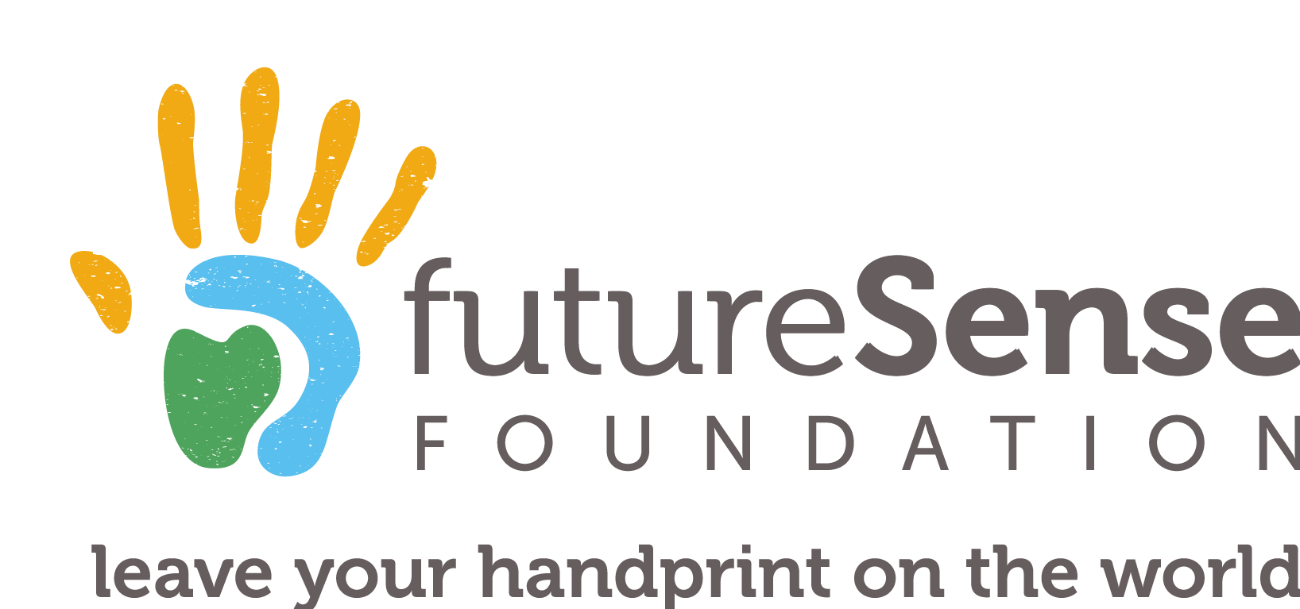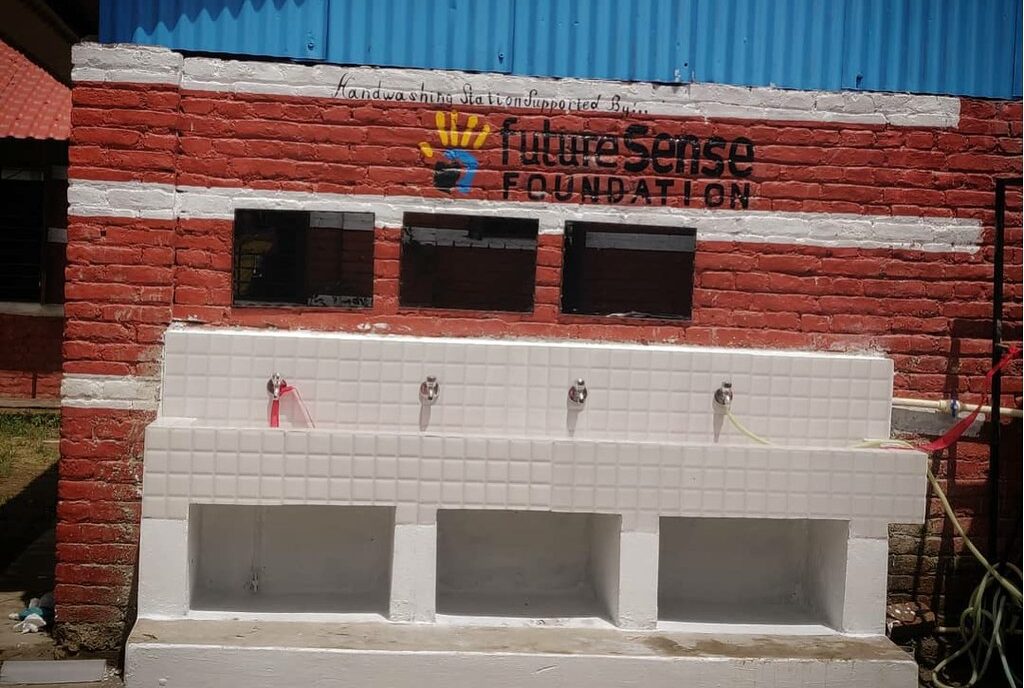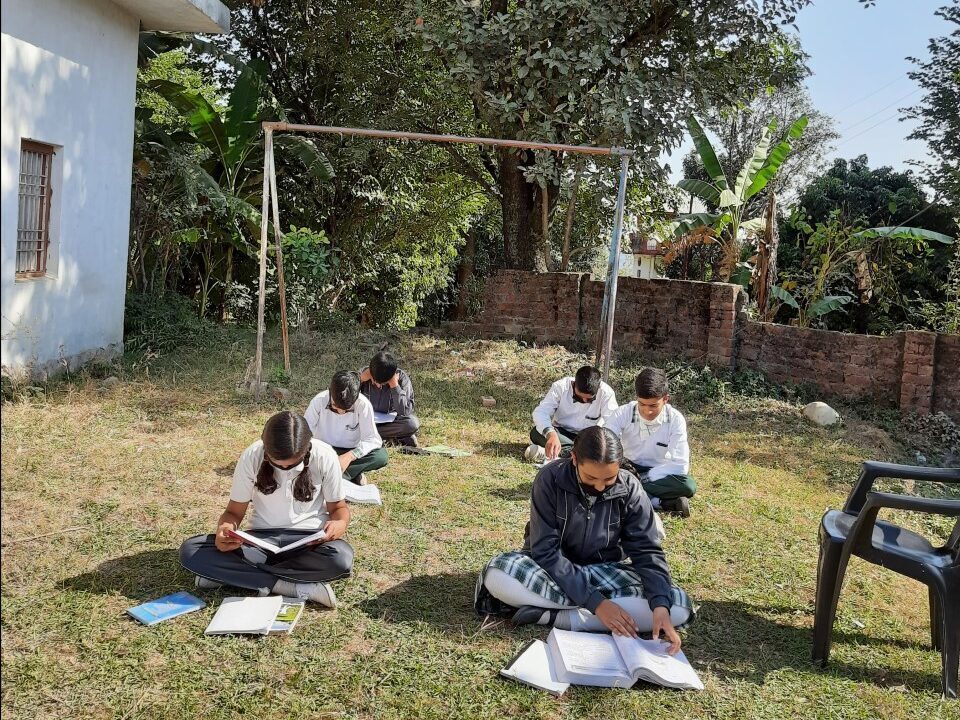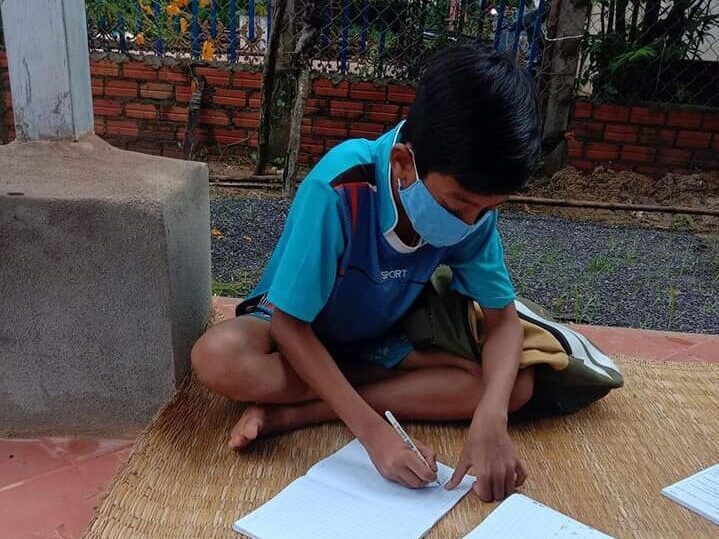Written by Beth Madden, Cambodia VMPC.….
In 2012, FutureSense Foundation established its Cambodia Hub in the second largest city, Battambang; the programmes currently running in Cambodia fall under the FutureSense Foundation focus areas of, education and child welfare, health and well-being, and livelihood and income generation.
The FutureSense Foundation relies on strong local partnerships to develop and implement our programs around the world, and demonstrate our commitment to SDG 17 “Partnership for the goals”. The Cambodia Hub is proud of its partnership with our government school partners, hospital directors in our health center partners, and our full partnership with Children’s Action for Development (CAD) in the implementation of the Supplementary Education Programme (SEP). The SEP programme currently has 400 students registered and is providing free supplementary education to children living under the poverty line or falling behind in their studies and cannot afford additional classes.
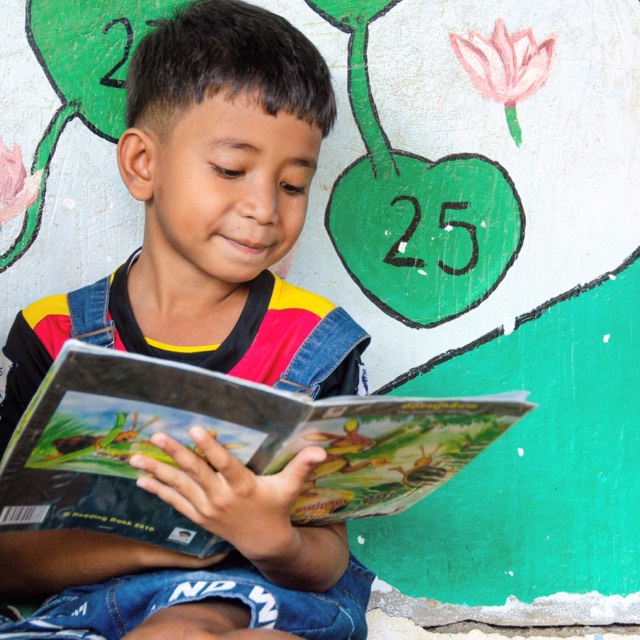
Across all our partners, our volunteers deliver educational sessions surrounding a number of topics to develop the student’s competency in conversational English, improve their life skills and educate them to be healthy and protect their bodies. Our programmes are designed to engage children in government schools and supplementary education centers and adults in local communities to provide education, life skills, and health information that may prevent illnesses and lead to better quality lives.
Sustainability has become one of the FutureSense Foundation’s main objectives in 2019; we are committed to the UN SDG 13 “Take urgent action to combat climate change and its impact”. Our first step towards increased sustainability has been to make the Cambodia Hub vegetarian in order to substantially reduce our carbon footprint.
The UN’s Livestock’s Long Shadow report (2006) suggests that a fifth of all human-produced greenhouse gases come from livestock farming and that reducing meat and dairy consumption is the greatest way to reduce your environmental impact on the planet.
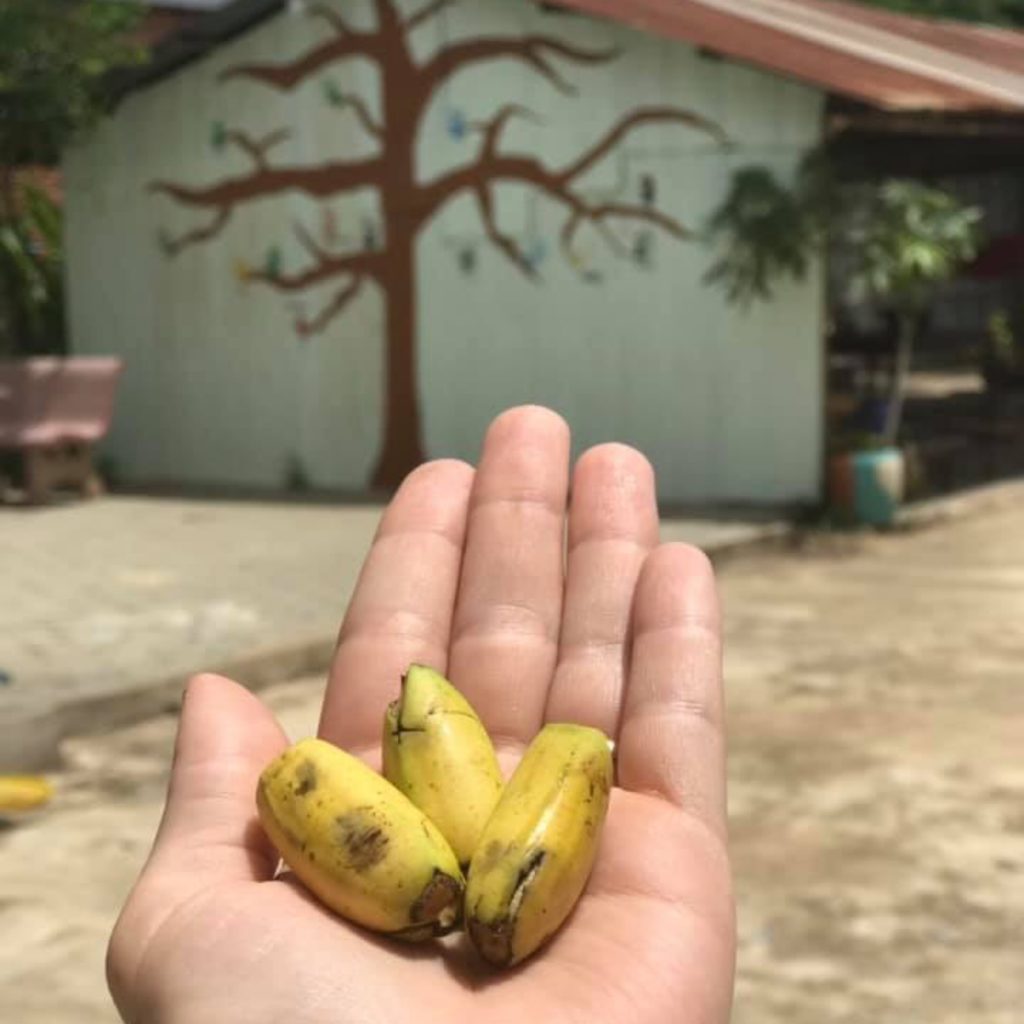
The Hub has also attempted to reduce food waste wherever possible; this has been done by only buying the necessary amount of food and using leftovers for future meals or for feeding our Hub cats. Additionally, FSF Cambodia are in the process of developing a Hub garden in which we can cultivate our own vegetables – we just grew our first cucumber! This is beneficial to the environment as it reduces the amount of harmful chemicals polluting waterways and nullifies any release of fossil fuels through transporting vegetables.
Our commitment to UN SDG 13 is evident this month in our volunteer’s completion of a project to design and construct vegetable gardens for all three of our partner supplementary education centers.
These gardens will be utilised by the centers to educate children on how to cultivate agricultural produce sustainably and why locally sourced vegetables are better for the environment than mass-imported agricultural products.
Furthermore, the produce can be sold at local markets in order to generate income at the centers.
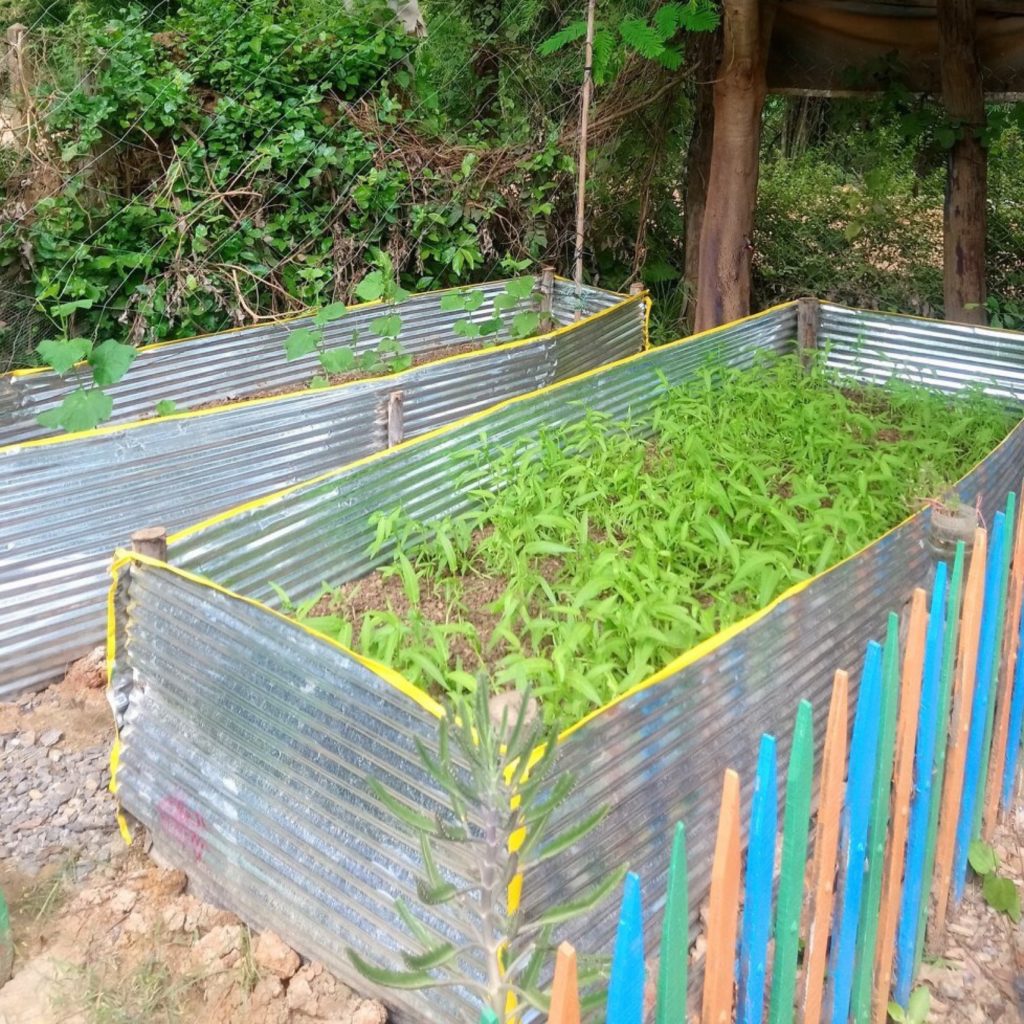
Additionally, our volunteers have been renovating the gardens to provide more colourful spaces for the children to play and creating educational murals for the walls of the centres; it is proven that play is of vital importance to promoting healthy child development, cognitively, physically and socially.
To conclude, the Cambodia Hub’s current projects and initiatives have a strong focus on education and environmental sustainability. Our volunteers are also experiencing personal growth and development as global citizens and we have substantial feedback from volunteers whom have expressed how they will change their way of life following their in-country experience. We will continue to nurture our local partnerships to ensure that we can increase the impact of our work.
